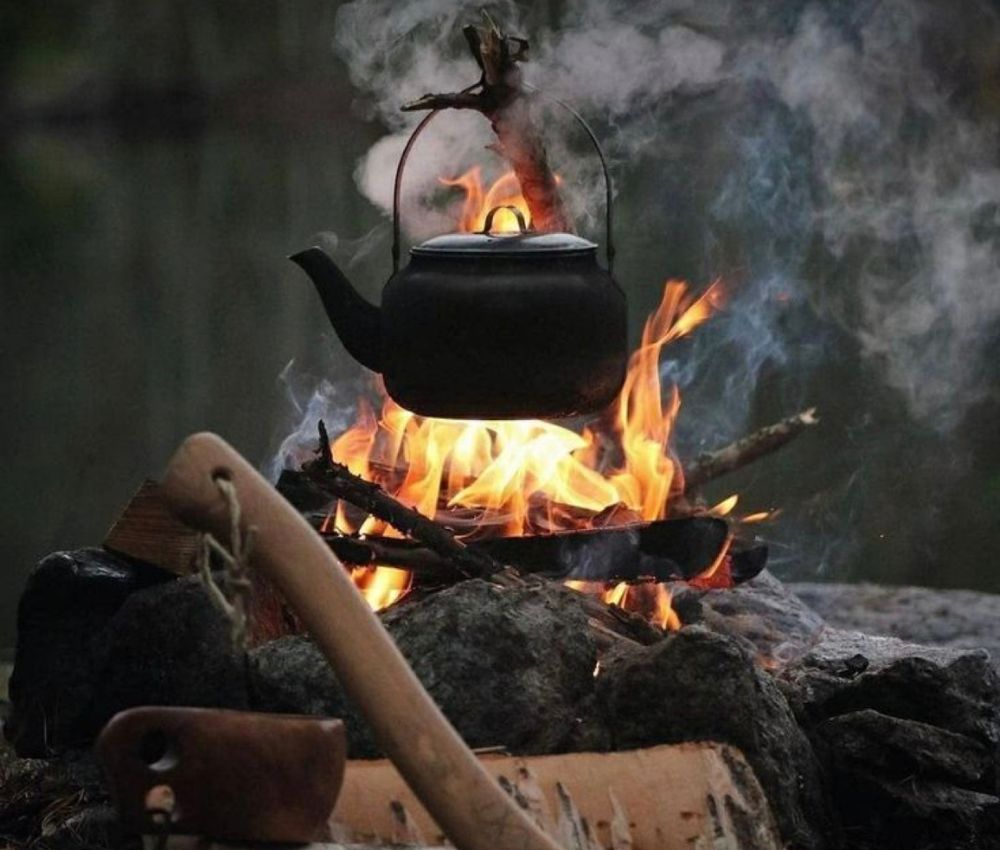Reimagining How We Lead, Learn, and Care

Opening Minds Through Real Stories
This week’s kōrero started with hearing about the Inspiring the Future initiative, a volunteer opportunity where professionals share their career stories with students in different schools: “I enrolled last year, and I’m speaking at one next week and recently got an offer to speak at another school.”
The sharing behind this initiative led into broader reflection about how limited and outdated traditional career exposure still is for students. “We need to inspire kids to feel hopeful about the future, that there’s cool jobs they could do and cool ways they could kind of generate social change and contribute to collective communities.”
Career Days That Miss the Mark
Career days, in their old form, didn’t leave much to aspire to. “They used to traumatise me… because I didn’t want to do any of those careers.” Others remembered how that same model continues across generations. “In Aboriginal communities [they’d worked in] … they get the same blue collar careers to come along and it’s just really incredibly uninspiring.”
There was discussion about visibility and access, especially for those without family or community role models in diverse fields. “People only know what their parents do or their parents’ friends do, and their parents encourage them to do what they know, right? So for those kids that aren’t a fit to that, they never hear of other, interesting things.”
Embracing Dual Pathways and Purpose-Led Work
One participant raised the importance of dual pathways. “It is not only giving kids, if you like, the idea that there are things out there that they could go and do… There’s also the inspiration of doing something that they are good at, that they want to create for themselves.”
This sparked deeper discussion about startups and alternative paths. “That’s a very cool idea, to provide that same wrap-around support and development to people with nonprofit ideas, or for-purpose ideas is a better term.”
Schools: Stuck in the Past
From there, the kōrero turned to issues inside school systems. One speaker reflected: “We didn’t even have career days when I was at high school, to the point that I thought our guidance counselor was just there for the naughty kids.”
There was also critique of adults projecting their own preferences onto students. “Growing veggies is one big thing I see around here. Everyone should be a gardener… Is that what the kids are wanting? Needing? Is there more to life than gardening?”
Someone pointed out that the challenges facing students today and the kinds of roles they’ll need to step into are far more complex than what’s currently on offer. “Those really kind of siloed roles that exist, they’re not ecosystem-viewed.” The comment, referring to trades like plumbers or builders, acknowledged their importance but also highlighted a gap. * * Young people aren't being exposed to the full range of roles that require systems thinking, adaptability, and collaboration. “We’re needing a much more complex, multi-sector kind of thinking and roles and knowledge and sharing.”
The Equity Disconnect in Practice
This tied into broader systemic frustration. One story stood out: “I asked our school if there were any kids that are coming hungry to school, and could I do something for them. They said that there are approximately 20 kids at the moment who are going hungry… but then in the next breath, the school is asking for money for extracurricular activities that we don’t have.”
There was collective agreement on the disconnect. “The same kids miss out, the same kids go hungry… It’s just insanity. Can we observe what’s happening here?”
This led to a discussion about the empathy gap: “Kids are being discouraged from sharing food and sent to the office to get help… That removes the empathetic thinking. How many kids are going to feel like they can go and ask an adult?”
Echoing Values That Hold Communities Together
Another reflection brought the group back to values. “The more I think about it, the more I get inspired by the values that underlie Indigenous systems… I think we should be trying to echo those.” This is perhaps a challenge to dominant models that are often shaped by competition, hierarchy, and economic efficiency. In contrast, Indigenous systems are grounded in reciprocity, relationship, and collective responsibility.
One speaker made this difference tangible. “There’s a real cultural individualism thing… that doesn’t happen so much in our culture. Culturally, it is collectivism. We would share lunch, even if we only got a little bit each.” These everyday acts reflect deeper systems of manaakitanga-care and belonging, and stand often in contrast to structures where fairness is managed through rules and control rather than trust and shared responsibility.
Looking to Kura Kaupapa as a Living Example
One shared example, in contrast to some of the limitations described in mainstream schools, kura kaupapa Māori were highlighted as real-time examples of equity in action. “There are no kids missing out on their trips. There’s none of that.” One speaker pointed out that it’s proof that change is possible simply through looking at different values systems: “That means we can do something about these issue in schools.”
Misalignment in the Nonprofit Sector
The kōrero expanded into the nonprofit sector, where some observed that many of its foundational models are inherited from systems that don’t reflect how communities actually work. “The concept of charity was driven by churches… Strategy, by the military… Governance by business. None of those things actually fit the reality of how communities operate.”
This led to a deeper provocation: rather than trying to tweak those inherited systems, what would it mean to reimagine them altogether? “What is the future we want, where whatever we do is grounded in economic and social justice?” One participant put it plainly: the aim should not be to make the system more efficient, but to make it obsolete. “We make ourselves redundant so that the problem is resolved.”
Tailored Pathways for Disengaged Youth
As the conversation came full circle, one member shared a story about their son. “We pulled him out of school because his well-being was being diminished… He’s been out of school for over a year.”
A local community group was suggested as the program does things differently by not pushing young people into predetermined pathways, but meeting them where they are and supporting what they want to explore. The first interaction set the tone. “They started off with the question that was open, and that allowed him to talk… They’re definitely tailoring and co-creating the pathway for him.”
This approach stood out as an example of what can happen when systems take their lead from young people rather than trying to fix them. “More of that for our kids who are disengaged from the system. That’s awesome. Very happy.”
Sitting Between Two Systems
We ended this week’s kōrero with a reflection that brought everything back to values and to the systems we choose to echo.
“I still find I get a high inspiration from the work that I have been able to do with Arama in New Zealand, as well as with the Indigenous groups in Australia. And the more I think about it, the more I get inspired by the values that underlie Indigenous systems, and how I think we should be trying to echo those rather than the economic and social values that impinge on us through the non-Indigenous system.”
They continued, “I sort of sit between those two systems, still trying to work out how we are going to take a couple of steps forward.”
That sense of being between systems, 'between worlds' captured so much of what surfaced throughout the session. This week’s kōrero travelled through education, inequity, cultural values, funding, wicked problems, and futures thinking. It reminded us that changing systems requires more than critique. It takes imagination, shared effort, and a willingness to stay in the complexity long enough to create something different.
Ngā mihi to everyone who contributed so generously. Please join us for a cuppa today at 11am. Register here to join.


